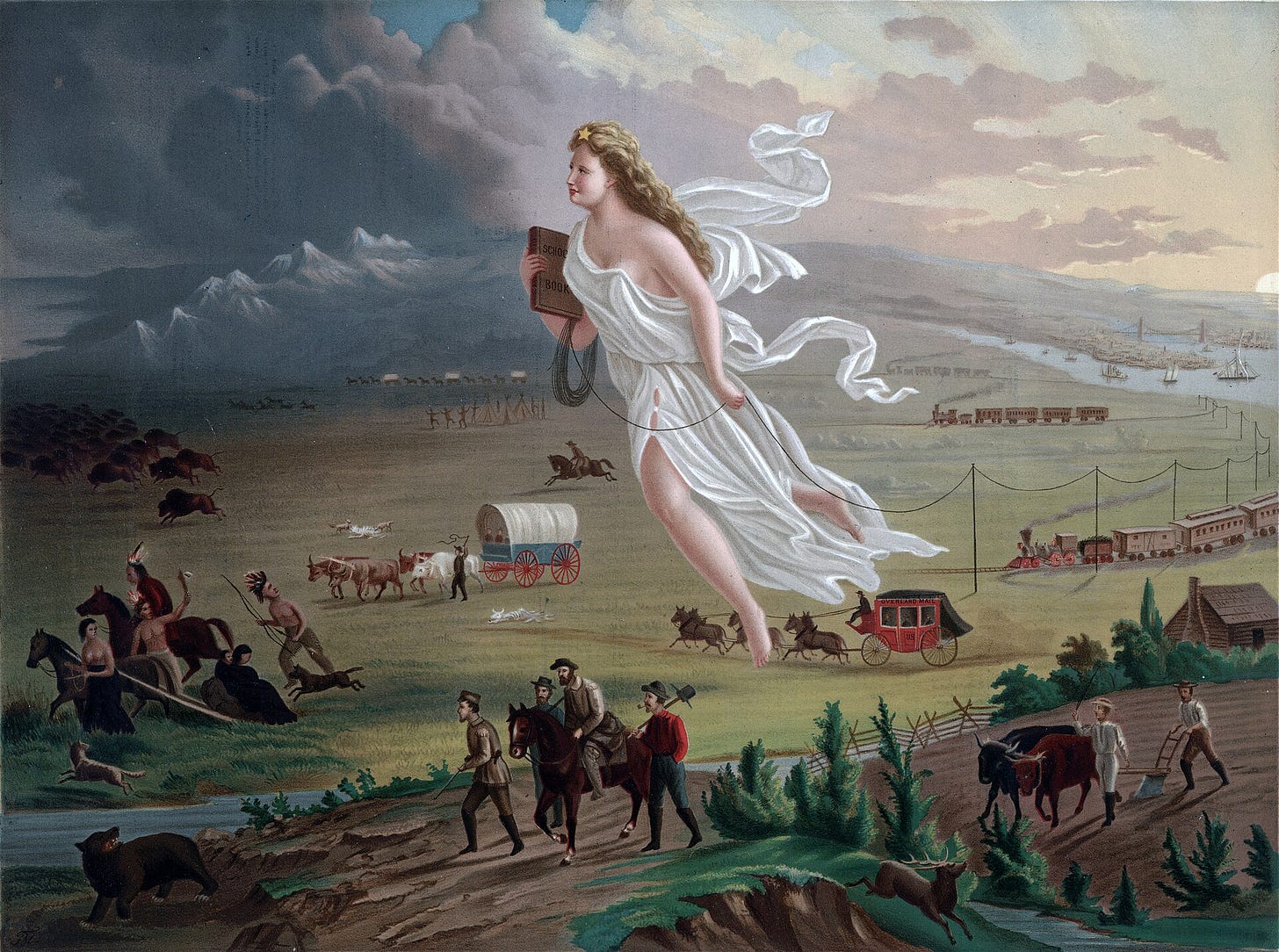Giving Up Christian Nationalism for Lent | The Seduction of Civil Religion
The Seduction of Civil Religion
Lent is the season where we drag our illusions into the wilderness and let Jesus dismantle them. “Lord, do what only you can do,” some will pray. Lent is a time of repentance, reckoning, naming the false gods we have clung to, and learning to let them go. This season can be painful, but the outcome renews our hope. Few idols have been as seductive to the American church as the idol of “us first.”
Christian nationalism is dependent on this idea. Without “us first,” Christian Nationalism collapses under the weight of its delusions. “Us first” whispers that our people, our nation, our tribe, should come first— protect our own, secure our borders, preserve our way of life before we extend concern to others. Masquerading as wisdom, as practicality, even as faithfulness. But at its core, “us first” is nothing more than old-fashioned selfishness, dressed up in the language of patriotism and piety.
And Lent is the perfect time to repent of it.
The Church’s Complicity in "Us First"
We like to believe that Christian nationalism is a problem outside the mainline church—that it’s something for the evangelicals, the fundamentalists, the culture warriors—Starbucks cups, Hobby Lobby, and J6er’s storming the Capitol. But the truth is, the mainline church has been fluent in “us first” for generations. In the early days of the American experiment, mainline Protestant clergy helped construct the myth of a Christian America, who baptized national expansion as divine providence and reassured their congregations that God had indeed set this land apart for His special favor.
We preached “us first” when we blessed manifest destiny, when we systematically worked to remove indigenous people from their land along with their culture and way of life, when we gave theological justification to slavery and segregation, when we told immigrants to assimilate or get out. We preached “us first” when we worried more about preserving our cultural influence than the gospel itself. Even today, we may not use the phrase “Christian nationalism,” but our churches still operate on an unspoken assumption that Christianity should hold a privileged place in American society. We want the country to look like us, think like us, and prioritize us.
If we are serious about giving up Christian nationalism for Lent, we can start by repenting of our role in spreading it.
Keep reading with a 7-day free trial
Subscribe to Brewing Theology with Teer Hardy to keep reading this post and get 7 days of free access to the full post archives.






